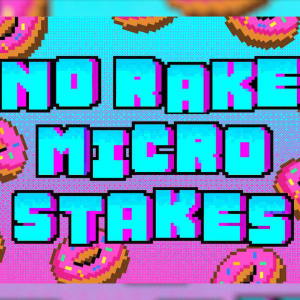Deepstack Poker is generally classed as playing when you have a stack size over 200 big blinds!
It's only relevant when we have effective stack sizes - This means that our stack must match our opponents (I.E. - We're both playing with deep stacks). Obviously it's not deep stacked poker if our opponent doesn't have a deep stack too!
So how does being deep effect our play?
Example 1: We open 22 and get 3-Bet by a 50-100bb stack, we can fold here as we are not getting good pot odds or implied odds. However, if we are 200bb effective vs. a player who will give us action post flop, then we can call his 3-Bet to set mine. This is because we have the potential to earn a lot more money if we hit our set.
Example 2: We have JJ, a hand we can get all in 100bbs effective pretty happily. However with 200bbs this could be a massive leak to get all-in pre-flop. In the same situation as above, we can call the 3-Bet or even 4-Bet and play post flop. We don’t need to risk our full stack and can play profitably post flop.
Example 3: We can put more pressure on our opponents - It's very tough for a player to call off 200bbs in a marginal spot. We can run bigger bluffs vs. them if it makes sense to do so. We can overbet bluff or even just barrel the streets and make a massive river all in. Inevitably plays like this mean higher variance, but if we play logically and our story makes sense then it's even harder for us to be called when we're deep. Who likes to call their whole stack off when they're unsure?
Deepstack Summary
1) In deepstack poker we can draw and 'speculate' more to earn the maximum amount of money postflop or on later streets
2) We can put our opponents to the test by making big bets and putting them under pressure to fold.
3) Against fish and calling stations, we can bet strongly with value hands as they'll often pay us off with large amounts.


